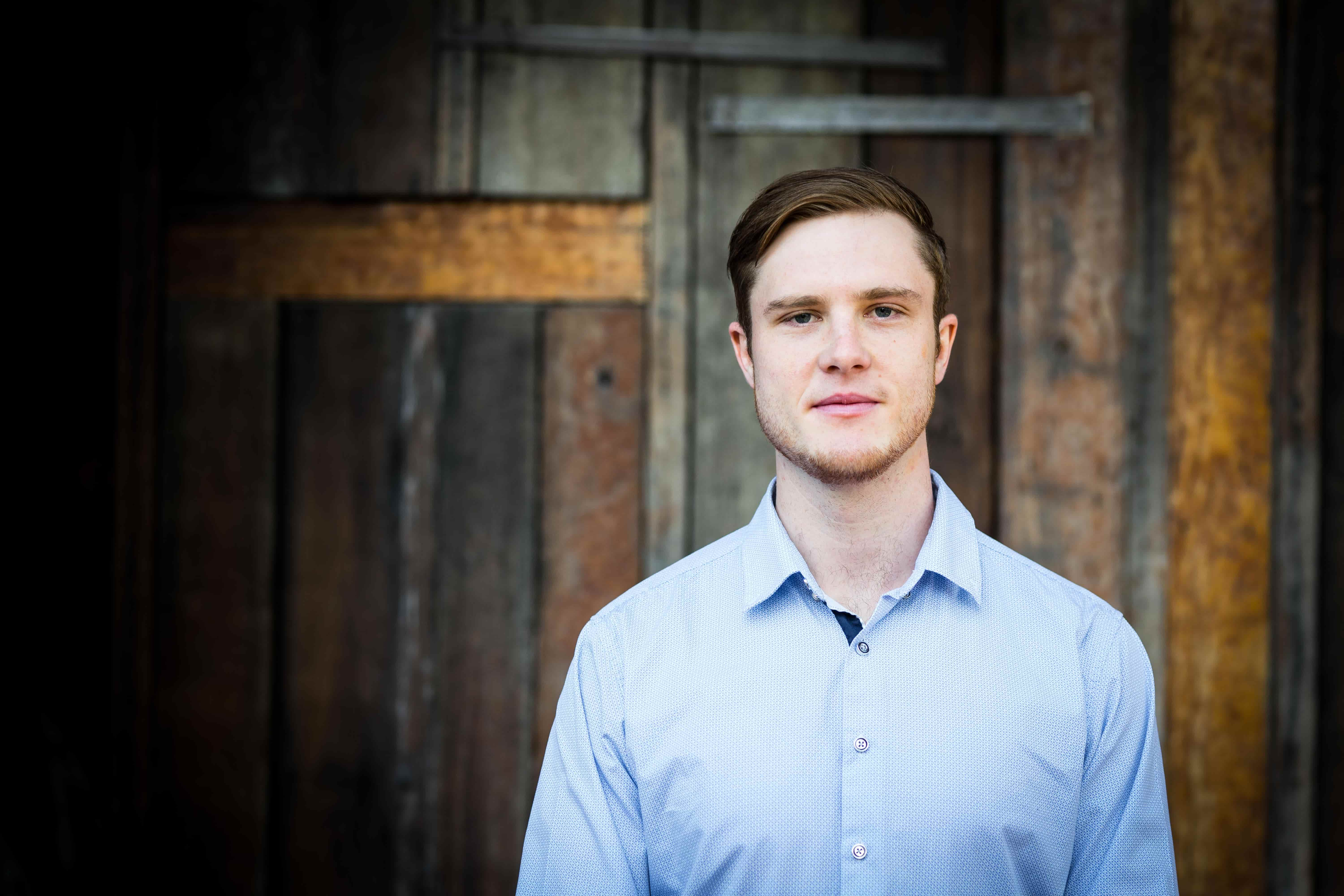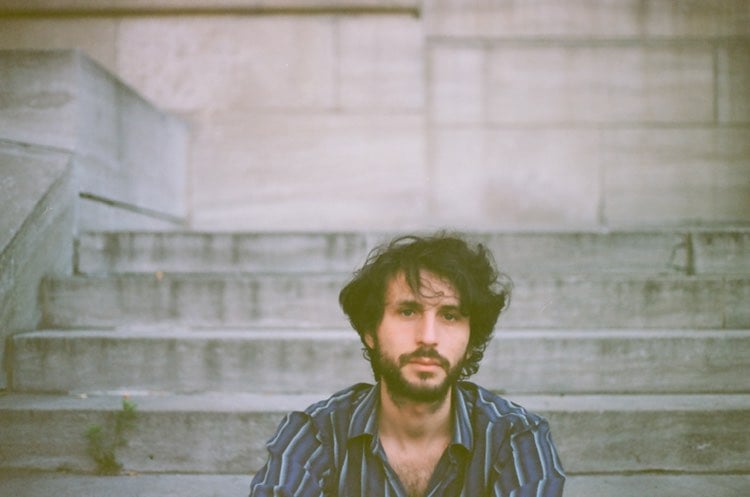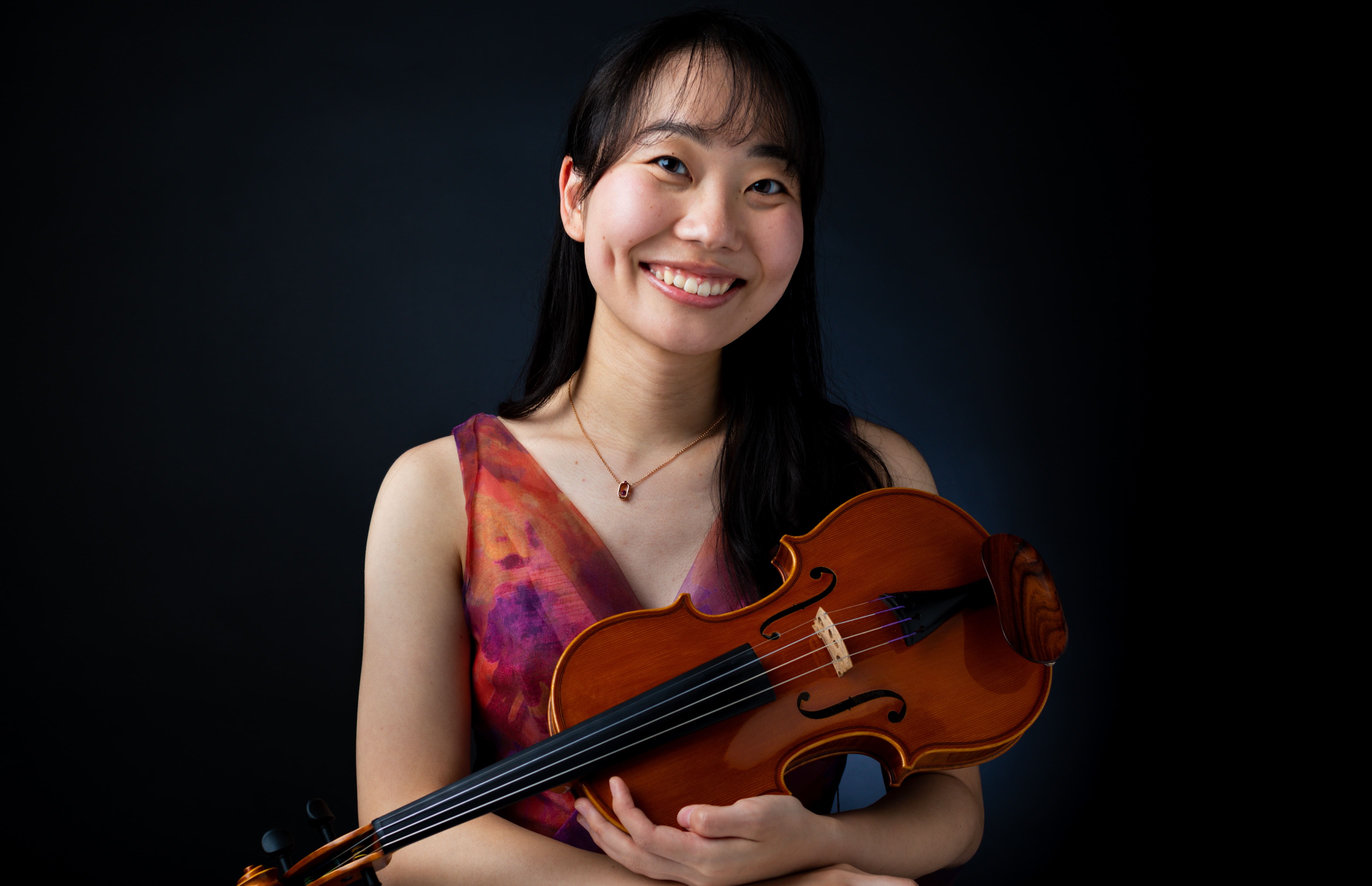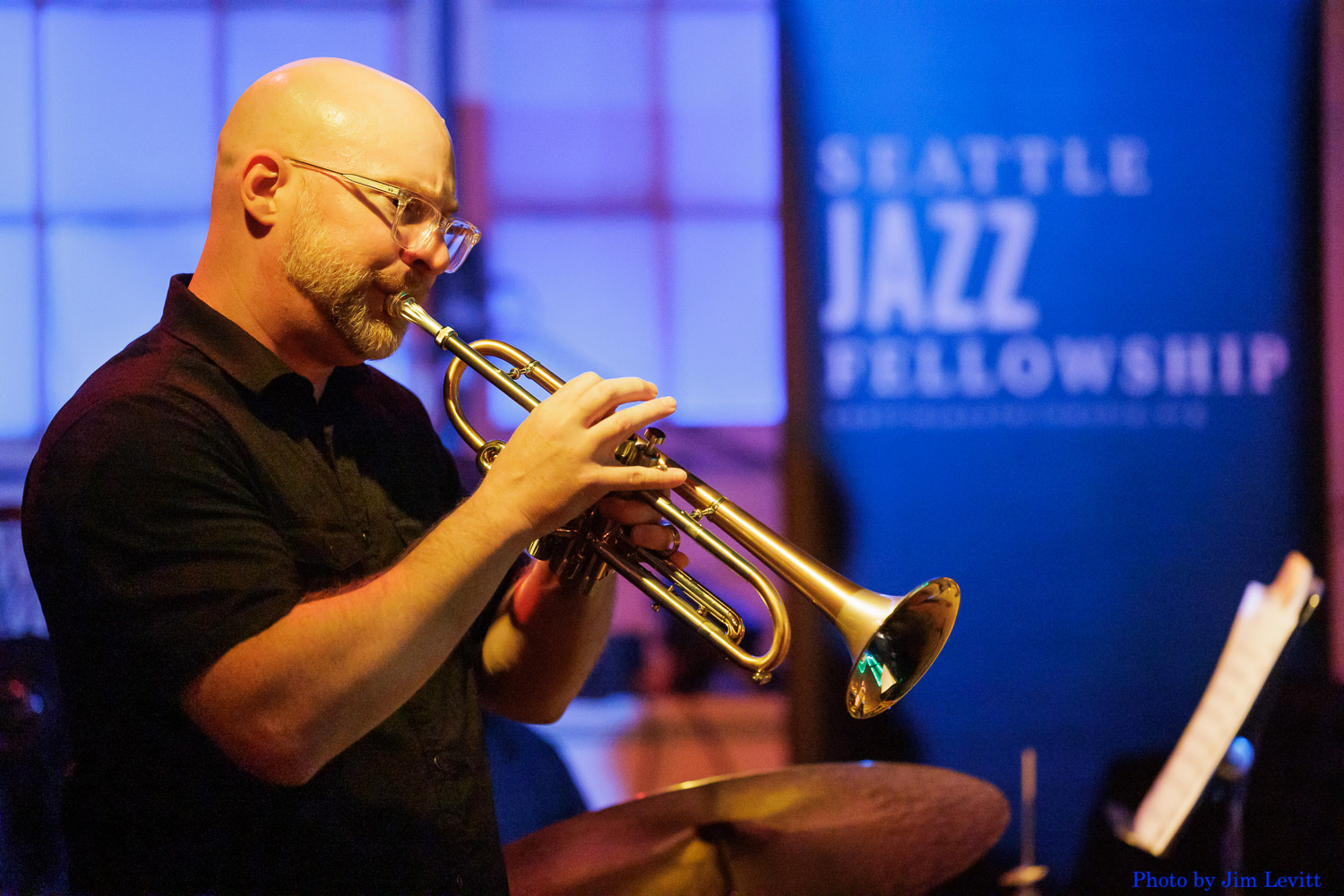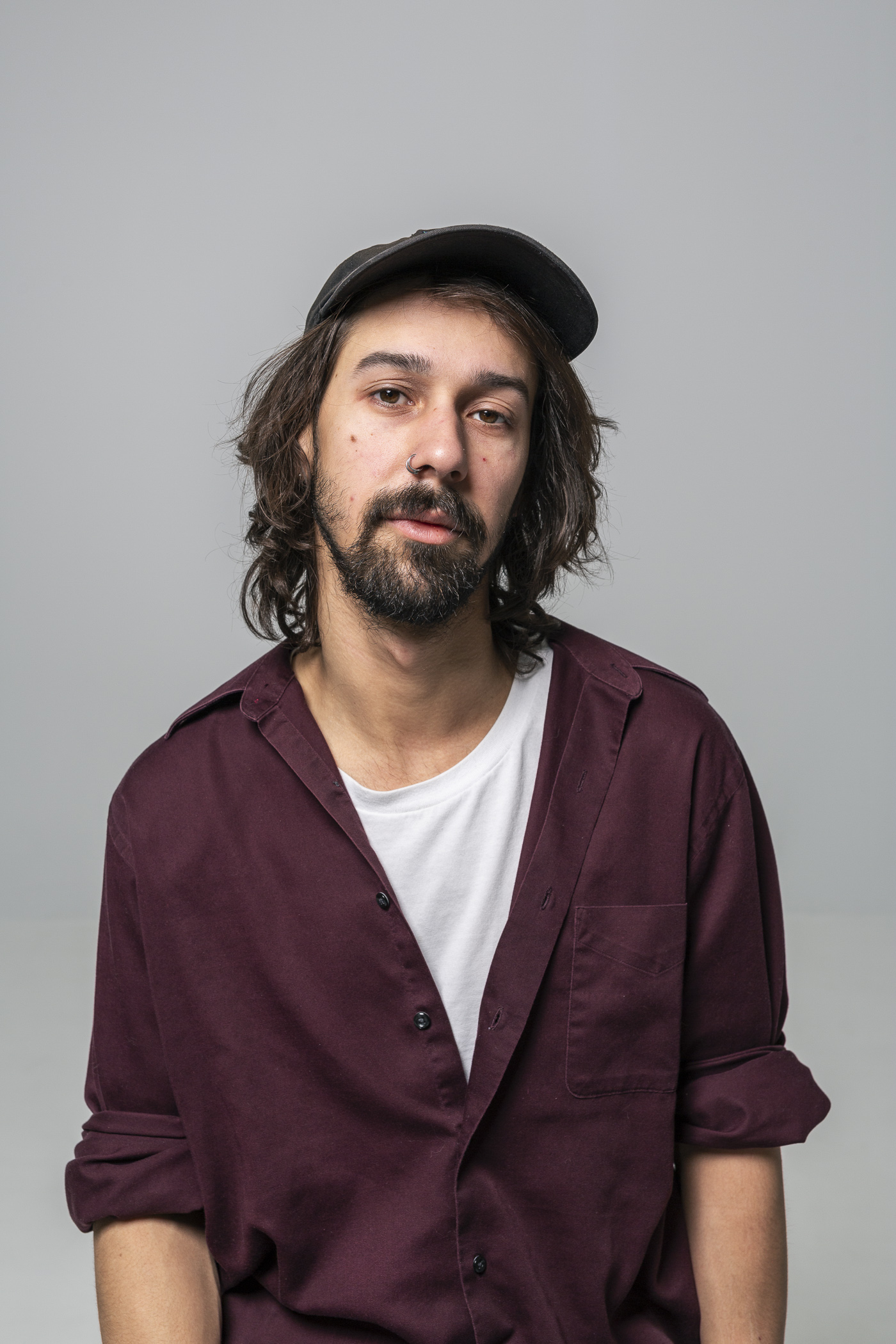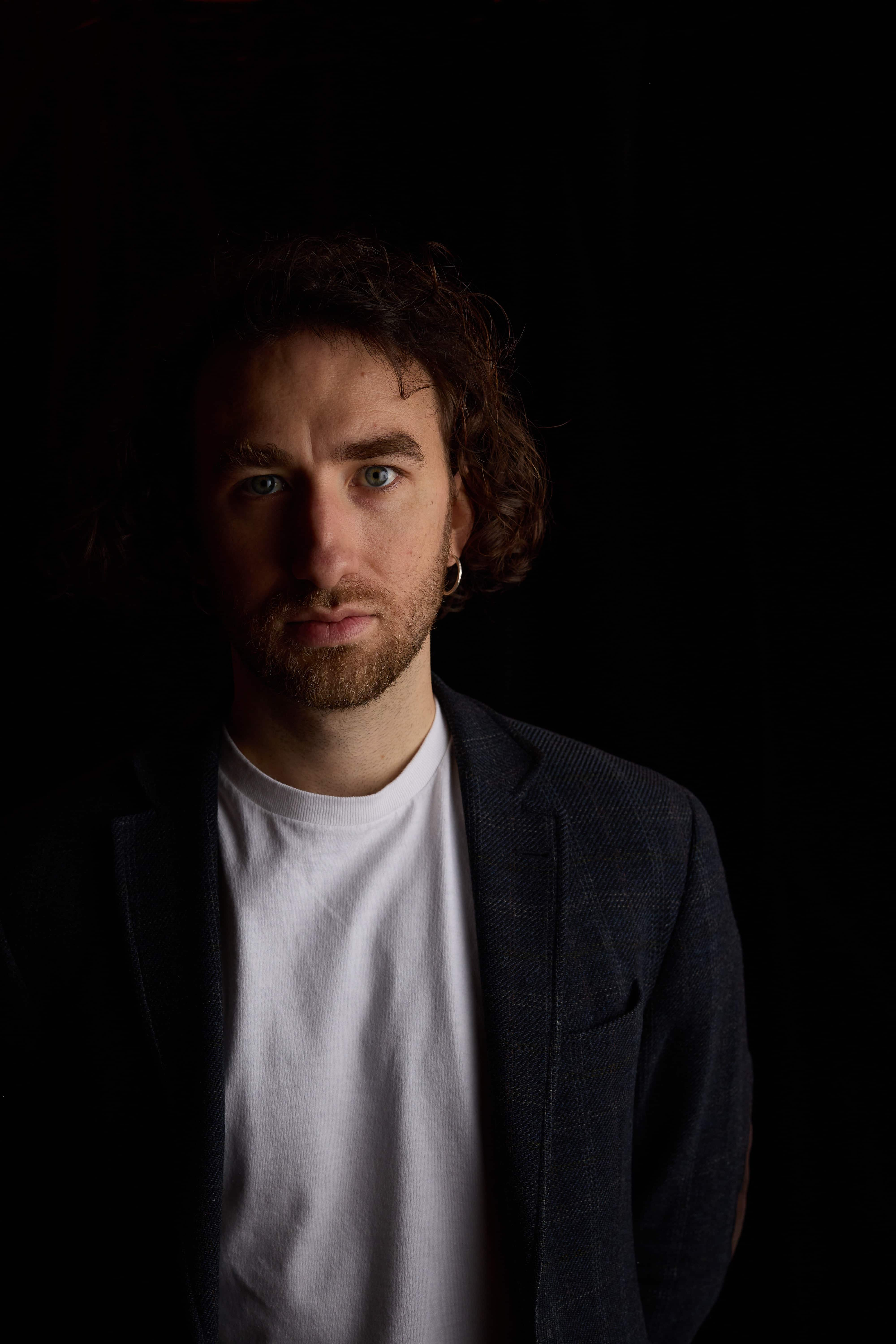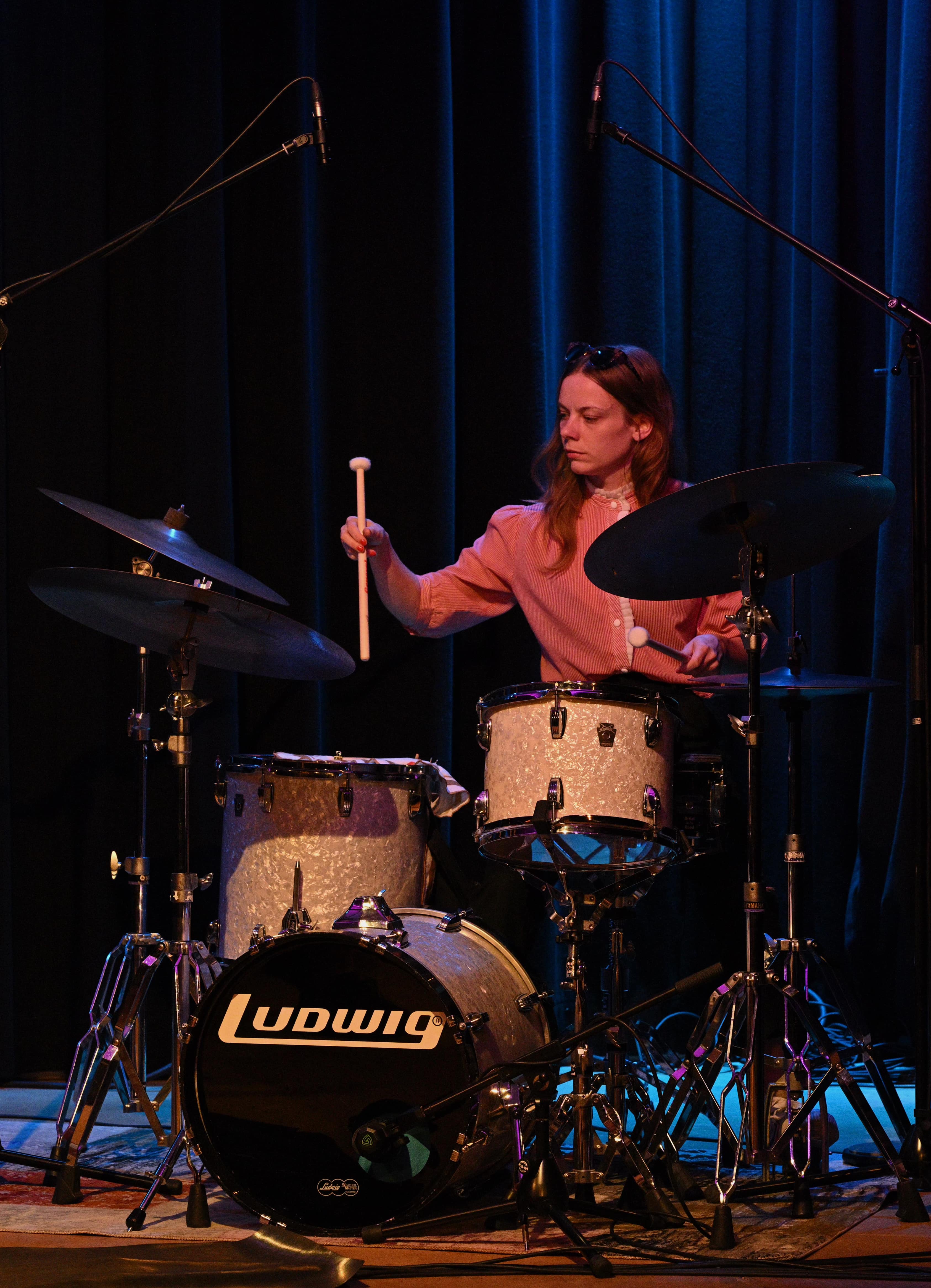
fullwidth padding
Jen Yakamovich is a Vancouver-based drummer and improviser who works across disciplines as a performer, composer, researcher, and educator. She sees her relationship with the drum set—a system of interrelating sounds and parts— as an inquiry into relationships with both her own internal system and wider socioecological webs. Her approach to improvisation and spontaneous composition is rooted in the Creative Music Workshop in Halifax, NS, where Yakamovich grew up. From 2024-2025 Yakamovich studied with drummer, composer & field recordist Susie Ibarra (New York/Berlin).
Over the past year Yakamovich has worked with the DAAD Artists-in-Berlin / bauhaus Campus Stadt Nature program, Now Society’s 8east, Vancouver Coastal Jazz, Active Passive Performance Society, The Only Animal, and grunt gallery. She has recently contributed to projects with percussionist Adrian Avendaño (Vancouver), artists Roxanne Nesbitt & Ben Brown (Montréal), guitarist Sam Wilson (Halifax), Persian psych artist Niloo (Victoria), art rock group Heaven For Real (Montréal), producer Miguel Maravilla (Vancouver), improvisers Mustafa Rafiq (Edmonton) & Jairus Sharif (Calgary) for Active Passive, and Balkan folk group Fetele Din Balkani (Vancouver). She regularly performs with experimental pop artist Wallgrin (Vancouver), and recently formed the improvisation duo Notice Flower with pianist Bahar Khazei. She has a solo experimental folk project called Troll Dolly.
Yakamovich has a progressive vision impairment called retinitis pigmentosa. She holds a Master’s degree in Environmental Studies from Dalhousie University.
Jen Yakamovich was generously supported by the Banff Centre Artists' Awards.

